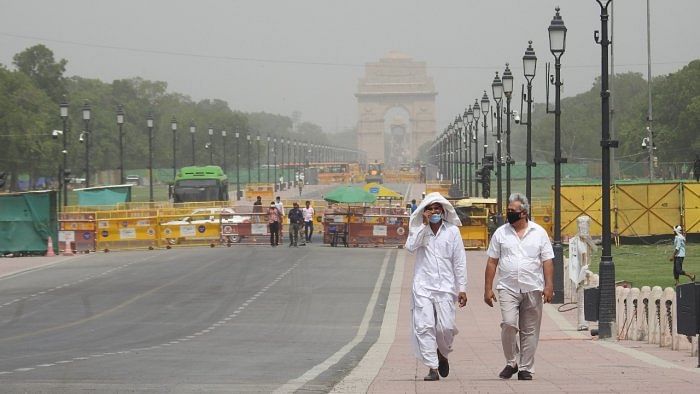
By Bijou George,
A heatwave that has made parts of India the hottest in 122 years may be a warning that heightened climate risks could drag on economic growth and worsen the nation’s credit scores.
Sweltering temperatures across northwestern India may have added to inflationary pressures in the world’s second-most populous nation and weighed on growth, wrote Moody’s Investors Service analysts including Christian de Guzman in a report dated Monday.
Soaring demand for air conditioning at a time when power plants are facing acute coal shortages has resulted in outages and a surge in electricity prices, the ratings firm said. The heatwave will also curb output of wheat for the second-biggest producer in the world.
Risks from extreme climate events are hitting an economy that has already been facing setbacks to its post-pandemic recovery from accelerating inflation and the central bank’s shift to a hawkish stance. The International Monetary Fund last month cut its forecast for India’s economic growth in the year started April 1 to 8.2 per cent from 9 per cent, saying the nation needs to generate more jobs and credit.
India’s longer-term credit exposure to physical climate risks “means its economic growth will likely become more volatile as it faces increasing, and more extreme, incidences of climate-related shocks,” according to Moody’s. The rating firm, which has a Baa3 rating on India, one level above junk grade, said the heatwaves are “credit negative” for the nation.